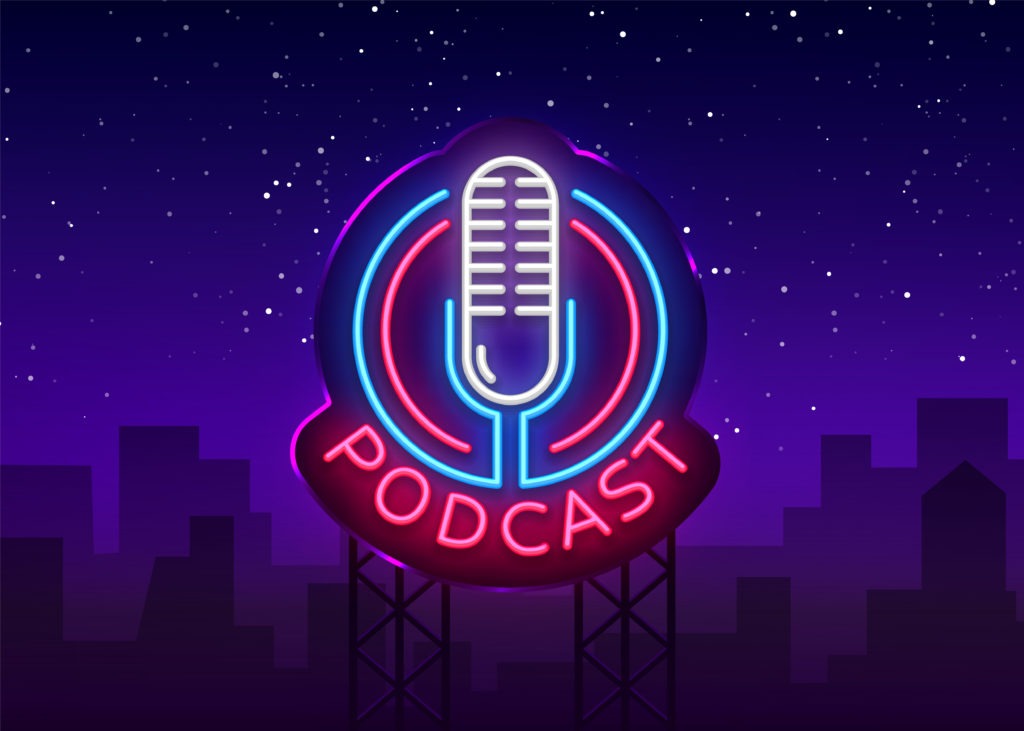
I have often joked about radio’s “Wheel of Formats” – those dozen or so radio formats that come up in conversation whenever a format change is being discussed. Sadly, most broadcasters end up duplicating an existing format in their markets, becoming the second Country, third AC, and fourth Classic Rock station.
But listeners aren’t very interested in radio’s “usual suspects.” They’ve heard it all before. The element of surprise goes a long way in finding a great “hole” where listeners flock in to hear something new.
That’s why Podcast Radio caught our ears. It’s a mashup of radio with podcasting content – just the kind of collaboration we envisioned when we launched our “Broadcasters Meet Podcasters” track at Podcast Movement back in 2017.
For now, Podcast Radio hasn’t hit the U.S. airwaves yet. But given the rising popularity of podcasting, coupled with radio’s still-great reach, the concept could make some noise in Lansing…or Los Angeles.
Seth Resler is our in-house podcast maven, and he interviewed Podcast Radio’s Paul Chanter. It’s a fascinating mashup of podcasting and broadcast radio. – FJ
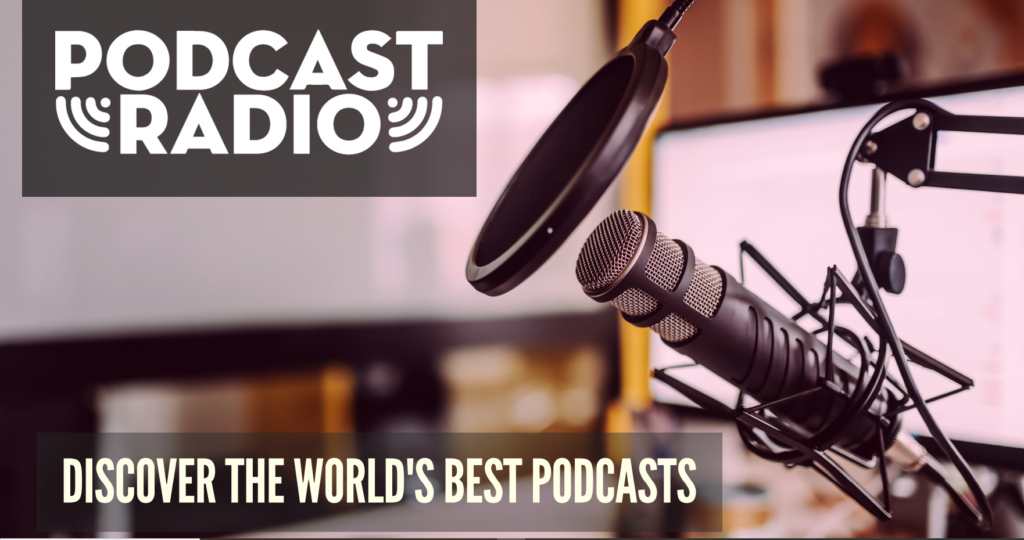
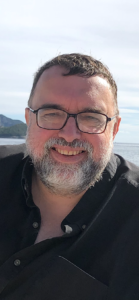
PAUL CHANTLER has spent 35 years in the radio industry as a journalist, DJ, producer and program executive. He was Group Programme Director at three of the UK’s biggest radio groups in the 1990s as well as PD of UK national station TalkSport.
Over the last 20 years Paul has built a successful radio consultancy career with clients in the UK, Ireland, Europe and India. He is co-author of the textbook Essential Radio Journalism, originally published 25 years ago and regularly conducts seminars for radio groups on media law and compliance.
He is a director of Fix Radio, the London station for builders and tradespeople as well as Podcast Radio and also is a Fellow of the UK Radio Academy.
1. Explain what Podcast Radio is. If somebody tuned in, what would they hear? How often does the schedule change?
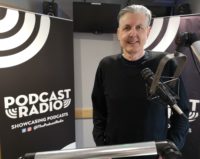
Podcast Radio is the world’s first 24-hour radio station devoted to playing and talking about podcasts. We launched on digital radio broadcasting (DAB) in London in February 2020 and now also broadcast to Birmingham, Manchester and Glasgow. We also stream via our website, app and smart speaker skill.
The idea is to showcase podcasts from all over the world to listeners as well as providing a shop window for podcast producers. If you tune in, you’ll hear something like a music radio station but playing podcasts instead of music!
We play sample podcast episodes so people can get a taste for what they like and then go and download the whole series from either our own podcast platform or Apple, Stitcher, Deezer and so on.
We have ‘podjocks’ – a cross between a DJ and an announcer – who link the podcasts and interview content creators. One of our podjocks is Gene Baxter, who spent 30 years on the KROQ Morning Show, Kevin and Bean, in LA. Gene lives in the UK now and introduces our podcast content as well as interviewing podcasters in fantastic detail about their passions and their craft.
We also have news updates every hour plus a weekly podcast chart show and a weekly podcast review show. The need for Podcast Radio stems from the enormous and overwhelming number of podcasts out there (more than two million) and the need for people to have a trusted guide.
What guide is better than radio, a medium that’s trusted more than print, TV and online?
Our schedule changes every week. We tend to air up to 10 episodes of a podcast series, working the content into suitable timeslots and using radio routine to ensure listeners hear the most relatable podcast content for that time and day. Podcasts aren’t just randomly selected but instead appear on a well-thought-out weekly schedule.
2. How can podcasters get their shows on the air? What types of podcasts do you look for? Are there any types of podcasts that you avoid?
We encourage independent podcasters to submit their podcasts for broadcast consideration via a simple form on our website (although we’re inundated with submissions and there is a backlog of hundreds of podcasts awaiting consideration). We consider broadcasting all types of podcasts and make decisions entirely on whether we think it’s something our audience will find appealing, entertaining or interesting.

We also sometimes go directly to podcasters producing content we like and offer them the opportunity to be featured. As a UK regulated broadcaster, we are obliged to be careful about offensive or discriminatory language, so we reserve the right to mask or edit this if it appears. We make it clear to podcast producers this is what happens.
3. Do podcasters pay to have their shows on the air? Conversely, do they get paid for having their shows on the air?
We do not charge independent podcast producers to put their shows on the air nor do we pay for shows.
4. Tell us about some of the original podcasts you’re generating.
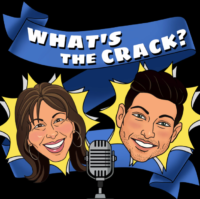 We started making and commissioning our own original content to go on air and then be available as podcasts earlier this year. We currently have about half a dozen podcast series which are broadcast by us and then uploaded to all the podcast platforms as Podcast Radio Originals.
We started making and commissioning our own original content to go on air and then be available as podcasts earlier this year. We currently have about half a dozen podcast series which are broadcast by us and then uploaded to all the podcast platforms as Podcast Radio Originals.
Our most popular podcast is What’s The Crack, weekly conversations between a UK reality TV star (Anton from Love Island) who lives in Dubai and his mum who lives in Scotland! We eavesdrop as they discuss all sorts of things and she gives him homespun advice and support. Because of Anton’s enormous social media following, this podcast has really taken off.
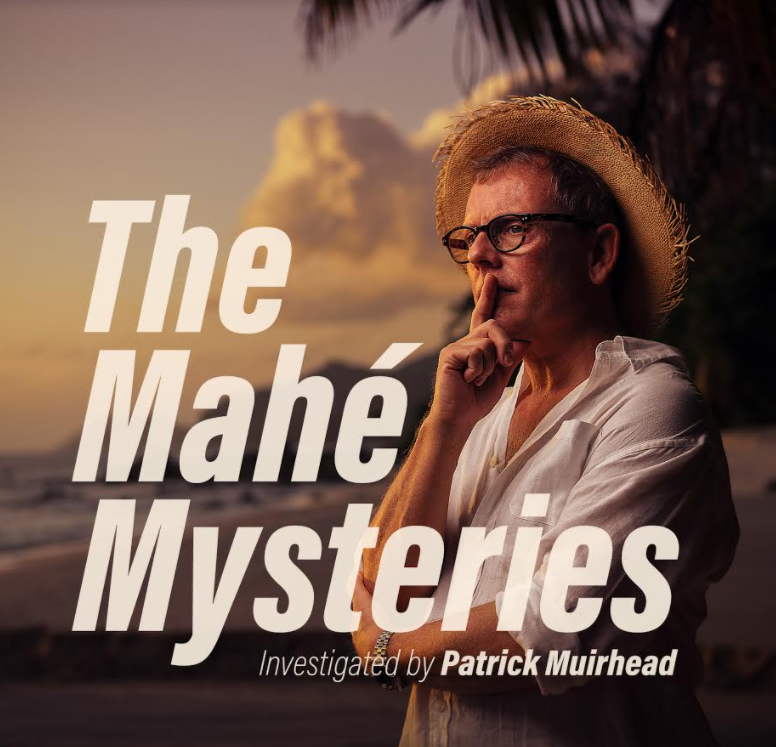 Also popular is The Mahe Mysteries, a series of crime fiction stories set in the tropical paradise of Seychelles in the Indian Ocean. The podcast is written and recorded (on the beach!) by former BBC announcer Patrick Muirhead who now lives there.
Also popular is The Mahe Mysteries, a series of crime fiction stories set in the tropical paradise of Seychelles in the Indian Ocean. The podcast is written and recorded (on the beach!) by former BBC announcer Patrick Muirhead who now lives there.
We also make our acerbic weekly podcast review show Pod Roast available as a podcast after broadcast transmission.
5. How does Podcast Radio generate revenue?
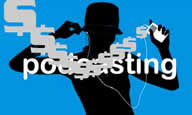 We have multiple revenue streams. These include traditional spot ads and sponsorships on our digital broadcast transmissions; ad insertion into our online streaming; and content partnerships with international companies such as Radio New Zealand, Curiouscast in Canada and Evergreen Podcasts in the US where we promote their podcasts with an on-air package of ads and on our website.
We have multiple revenue streams. These include traditional spot ads and sponsorships on our digital broadcast transmissions; ad insertion into our online streaming; and content partnerships with international companies such as Radio New Zealand, Curiouscast in Canada and Evergreen Podcasts in the US where we promote their podcasts with an on-air package of ads and on our website.
Since starting to work with us, Evergreen has become an investor in Podcast Radio. We also monetize by making podcasts for third-party organisations and businesses.
6. In what ways do radio and podcasting complement each other?
We think the mixture of broadcasting and podcasting is an intoxicating mix. Podcast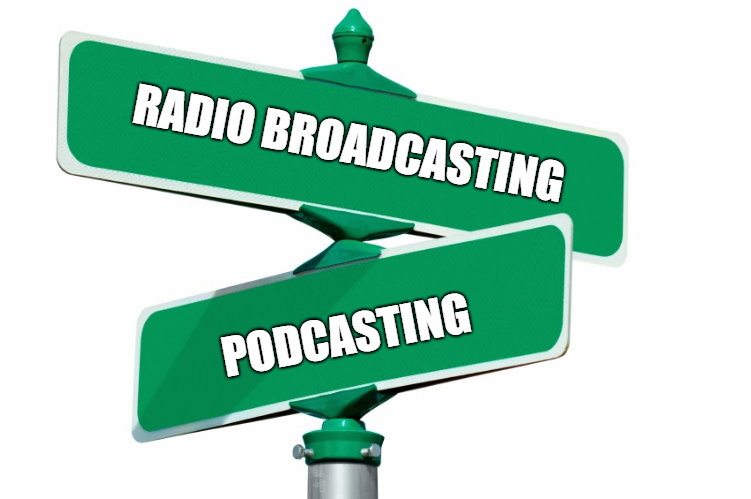 Radio helps with the promotion and discovery of podcasts.
Radio helps with the promotion and discovery of podcasts.
As highly respected radio writer and critic Gillian Reynolds wrote in one of her recent Sunday Times columns, “Podcast Radio has found its place on the dial because of its investors’ belief that, with millions of podcasts to choose from, people will trust radio to discern the ones worth hearing.”
7. What is the long-term vision for Podcast Radio? Expansion?
We want to expand Podcast Radio both in the UK and internationally. New citywide 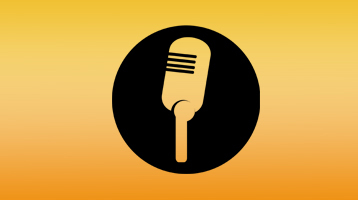 digital broadcasting transmitters are being launched in the UK over the next two years and we hope to be on many of those. We may also consider putting Podcast Radio on one of the two national digital radio transmission networks (although this is very expensive).
digital broadcasting transmitters are being launched in the UK over the next two years and we hope to be on many of those. We may also consider putting Podcast Radio on one of the two national digital radio transmission networks (although this is very expensive).
We’ve already had some very interesting conversations with possible partners about expanding Podcast Radio via broadcast radio to other countries including the US, Canada and Australia. We think we have a winning format which showcases meaningful speech content that isn’t just news or sports.
You can check out Podcast Radio here.
- A Simple Digital Treat to Thank Your Radio Listeners This Thanksgiving - November 13, 2023
- Interview Questions When Hiring Your Radio Station’s Next Digital Marketing Manager - November 6, 2023
- A Radio Conversation with ChatGPT: Part 2 – Promotions - October 30, 2023




Great and timely concept that is gathering followers globally… A little biased perhaps, having an interest in the venture… And yes , PODCAST RADIO USA would work brilliantly….
It’s a fascinating concept, Lee.